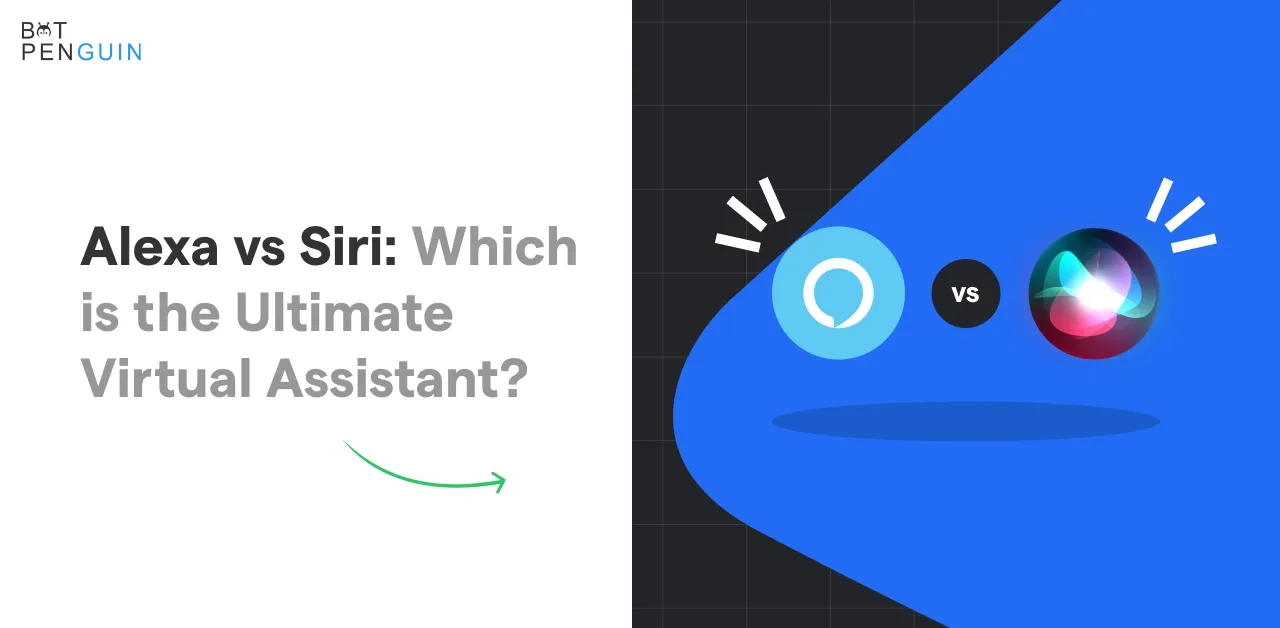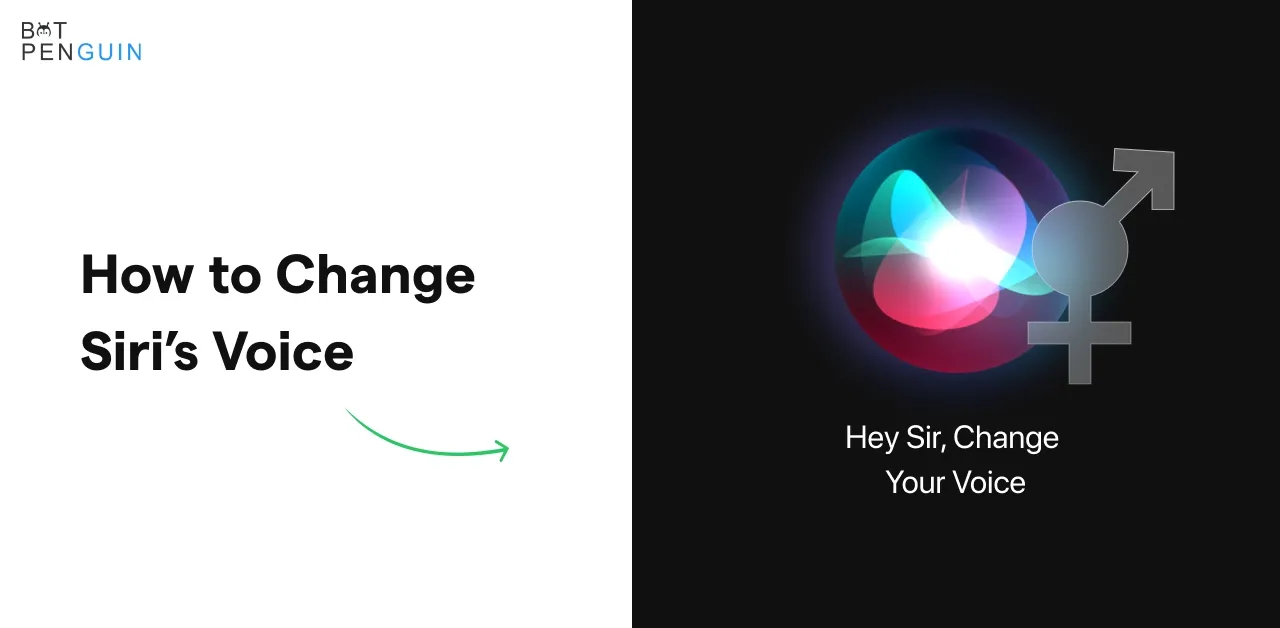Introduction
Alexa vs Siri, it's hard to know which virtual assistant is right for your needs. You want an AI helper that takes productivity and convenience to the next level.
But which one has the edge - Alexa or Siri?
In this blog, we'll break down the key differences between the two assistants across factors like capabilities, integration, privacy, ecosystems, and overall intelligence.
You'll get an unbiased view of their unique strengths and limitations.
Whether you're building tech strategy for your company or curious about AI for personal use, we've got you covered.
Let's explore Alexa vs Siri, the ultimate virtual assistant for powering your digital life! Come along as we put these two head-to-head and crown a winner. The future is here – let's dive in.
Alexa
Alexa's Review: Alexa, developed by Amazon, is an intelligent voice assistant designed to make our lives easier. It is powered by artificial intelligence and voice recognition technology.
Since its release in 2014, Alexa has become increasingly popular and is now integrated into various Amazon Echo devices.
Features and Capabilities
What can Alexa do for you?
- Voice Recognition and Natural Language Processing
Alexa's voice recognition capabilities are top-notch, allowing it to understand and respond to natural language commands. You can communicate with Alexa using conversational language, making interactions more human-like.
- Smart Home Integration
One of Alexa's standout features is its seamless integration with smart home devices. With the right setup, you can simply use Alexa to control your lights, thermostats, and locks by issuing voice commands.
- Skills and Customization Options
Alexa's skills are like apps that enhance its functionality. Thousands of skills are available, from news updates and weather forecasts to games and meditation guides. Additionally, you can customize Alexa's responses and preferences to suit your needs better.
- Music and Entertainment
Alexa is a fantastic DJ and entertainer. It can stream music from popular services like Amazon Music, Spotify, and Pandora. You can also listen to podcasts, audiobooks, and radio stations.
- Shopping and E-commerce
Alexa simplifies online shopping by allowing you to order products from Amazon using just your voice. It can also provide product recommendations, track packages, and check prices.
- Communication and Messaging
Alexa enables hands-free calling and messaging, allowing you to make calls, send messages, and even drop in on other Alexa devices within your home network.
Siri
Siri, developed by Apple, is another widely recognized voice assistant. It made its debut in 2011 with the release of the iPhone 4S.
Siri has since expanded to other Apple devices, including iPads, Macs, and HomePods.
Features and Capabilities
What Can Siri Do For You?
- Voice Recognition and Natural Language Processing
Siri's voice recognition technology is excellent, allowing for accurate and reliable command interpretation. It understands context and conversational language, making interactions feel more natural.
- Integration with Apple Ecosystem
Siri seamlessly integrates with various Apple devices and services. It can send messages, make calls, set reminders, and control HomeKit-enabled smart devices.
- Knowledge and Information Retrieval
Siri has an extensive knowledge base and can retrieve information from the web. You can ask questions about sports scores, movie times, historical facts, etc.
- Personal Assistance and Organization
Siri acts as a personal assistant, helping you stay organized and productive. It can set alarms, create reminders, schedule appointments, and manage your calendar seamlessly.
- Maps and Navigation
Siri integrates with Apple Maps to provide turn-by-turn directions, real-time traffic updates, and recommendations for nearby places of interest. It is a helpful companion for your travels.
- Messaging and Calling
Siri allows you to send messages, make phone calls, and even initiate FaceTime or video calls with your contacts, all through voice commands.
How do Alexa and Siri Work?
There is a procedure behind everything here is how Alexa and Siri works
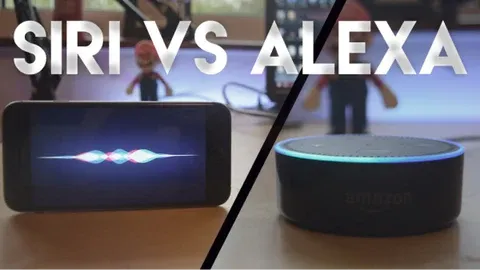
Alexa: Commanding the Smart Home
Alexa, Amazon's virtual assistant, steps up the game in the realm of smart homes.
Best known for its compatibility with the Amazon Echo devices, it excels in managing tasks like controlling smart home appliances, streaming music, and providing an array of information at a voice command.
Siri: Apple's Integrated Assistant
Apple’s built-in assistant, Siri, is deeply integrated with all of Apple’s devices from iPhones to MacBooks.
Recognized for its witty persona, Siri is adept at setting reminders, sending texts or making calls, and answering queries using Apple's native and third-party apps.
Interaction and User Experience
While Siri is recognized for its more natural conversational style and sometimes humorous responses, Alexa focuses on direct and straightforward interactions.
Alexa also shines with its Skills, extending its capability by performing tasks like ordering a pizza or calling an Uber.
Smart Home Integration
Siri shows excellent performance within Apple’s HomeKit ecosystem and can control a variety of smart home devices.
However, Alexa takes the lead in this category with its broader range of compatible smart home appliances, even those not manufactured by Amazon.
Compatibility with Third-Party Apps
Compared to Siri's restrictive third-party app integration, Alexa supports a wider array of third-party applications through its Skills, fostering a more flexible user experience.
Music Options
Both voice assistants work with numerous music services. However, their preferences are different.
Alexa largely leans towards Amazon Music but still supports various other platforms, while Siri predominantly offers seamless integration with Apple Music.
Understanding Commands
Both Siri and Alexa fare well in understanding voice commands. However, Siri often has a slight edge when it comes to understanding natural language and context.
Alexa, on the other hand, can occasionally require more specific command inputs.
Suggested Reading: Get the Most Out of Alexa: Tips and Tricks for Smart Living
Privacy and Security
Apple, with its strong emphasis on privacy, keeps Siri's interactions secure and private. Alexa is also enhancing its privacy settings, giving users more control over their voice recordings and data.
Pros and Cons of Alexa and Siri
While we explore Siri versus Alexa, let's explore the advantages and disadvantages of both voice assistants.
Advantages of Alexa
- Natural Language Processing: Alexa excels in understanding and responding to voice commands, making it easy to interact with.
- Smart Home Integration: Alexa seamlessly integrates with many smart home devices, allowing you to control your lights, thermostats, and more with simple voice commands.
- Skills and Customization: Alexa offers a vast library of skills, enabling you to extend its capabilities for specific tasks such as ordering food, playing games, or checking the weather. It also allows for custom voice commands and routines.
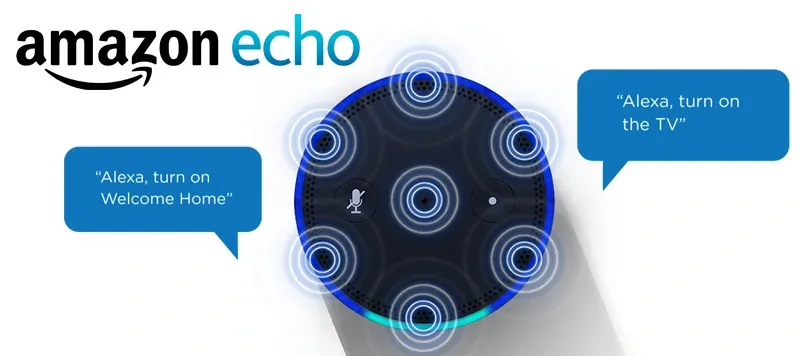
Disadvantages of Alexa
- Privacy Concerns: Alexa's always-listening feature raises privacy concerns for some users. It's essential to consider how comfortable you are with having a virtual assistant constantly listening for its wake word.
- Contextual Understanding: While Alexa understands voice commands well, it may need help with complex queries that require contextual understanding.
Advantages of Siri
- Seamless Integration with Apple Ecosystem: Siri works seamlessly across Apple devices, allowing for a unified experience and effortless synchronization of tasks and information.
- Apple Services Integration: Siri integrates with various Apple services, including Apple Music, Apple Calendar, and Apple Maps, enhancing the overall user experience.
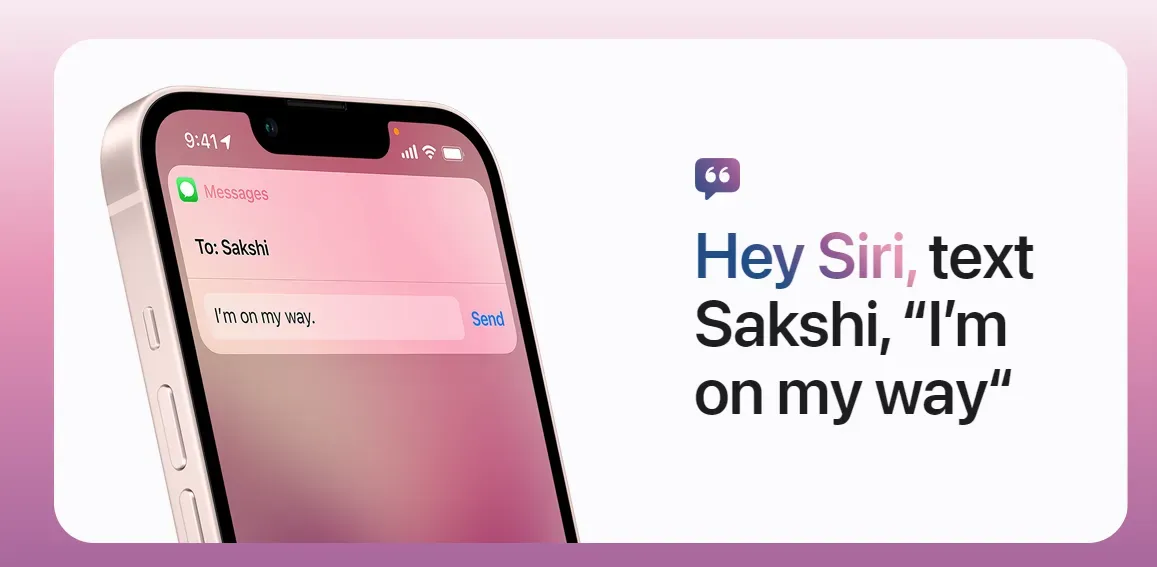
Disadvantages of Siri
- Limited Smart Home Integration: Unlike Alexa, Siri's smart home integration options are relatively limited, primarily focusing on Apple's HomeKit ecosystem.
- Inconsistent Performance: Some users have reported instances where Siri's performance and accuracy fall short, particularly compared to other virtual assistants.
Which Virtual Assistant is Right for You?
So, you’ve gone through all of it and now you have to decide. Well, here are a few parameters that will help you decide better and take everything into account.
- Platform Compatibility: Consider whether you primarily use Apple or Amazon devices, as this will determine the level of integration and compatibility you can achieve with Siri or Alexa.
- Device Ecosystem: Evaluate the smart devices you currently own or plan to invest in. Ensure that your chosen virtual assistant is compatible with your smart home ecosystem.
- Personal Preferences: Consider the features and functionalities that matter most to you. For example, if music streaming or ordering products online is important, Alexa may be a better fit.
- Use Cases and Requirements: Consider your specific needs and how you envision using the virtual assistant. Siri might be the more seamless choice if you're heavily invested in Apple services or have an extensive Apple ecosystem.
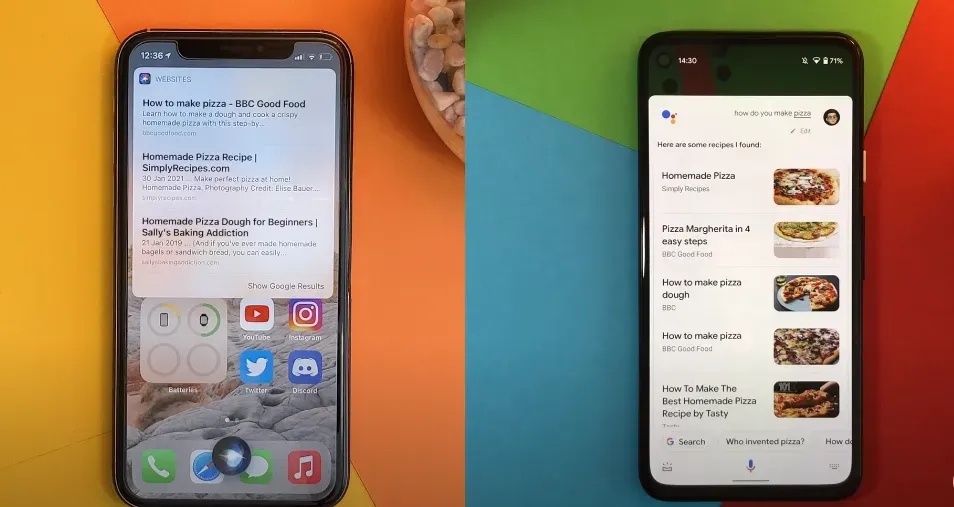
Comparison with Other Virtual Assistants
When it comes to virtual assistants, the competition is fierce. Let's take a quick look at how Alexa and Siri stack up against other popular virtual assistants:
Google Assistant: The Arch-Nemesis
It's not just about Siri versus Alexa, Google Assistant, developed by the tech giant Google, is a formidable rival to Alexa and Siri.
It boasts a vast knowledge base, leveraging Google's search engine prowess to provide accurate and comprehensive answers.
However, Alexa and Siri excel in integrating smart home devices and seamless voice recognition capabilities, giving them an edge in home automation.

Suggested Reading:
Google versus Alexa: Which is Right for you?
Cortana: The Underdog
Microsoft's Cortana, though often overlooked, deserves mention in our comparison.
While Cortana has its strengths, such as deep integration with Microsoft products and services, it needs to improve regarding the extensive third-party app support that both Alexa and Siri offers.
Alexa's extensive skill set and Siri's tight integration with the Apple ecosystem make them more versatile choices.
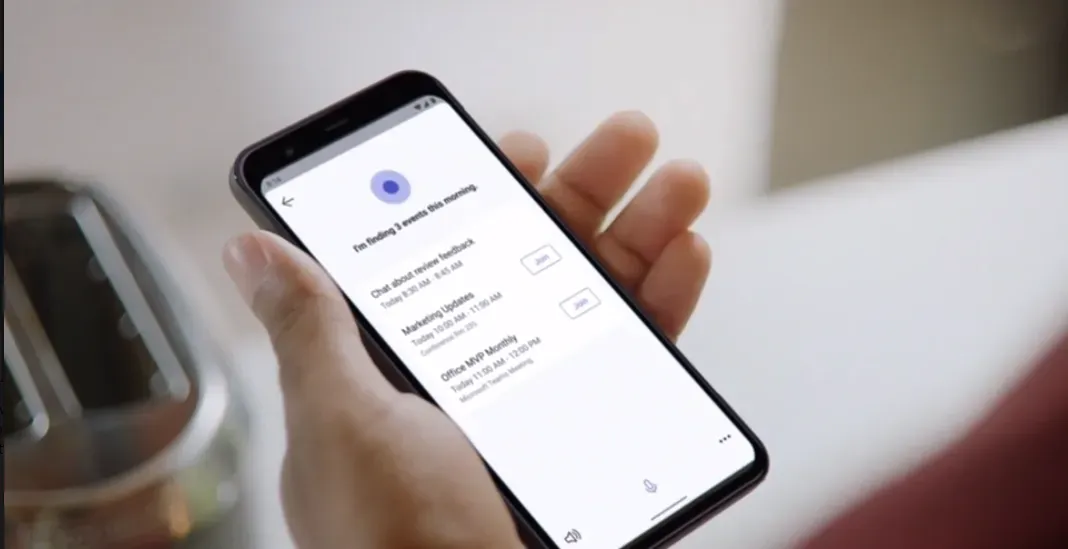
Bixby: The Rising Star
Samsung's Bixby has been making strides in recent years, particularly with its integration into Samsung smartphones and smart TVs.
Bixby shines in its ability to control Samsung devices seamlessly. Still, it needs to catch up to Alexa and Siri regarding the breadth of available skills and the overall user experience.

Future Developments and Upgrades
As technology evolves, Alexa and Siri are expected to undergo significant advancements and upgrades. Here's a glimpse into what the future holds for these virtual assistants:
Alexa: Always Learning, Always Improving
Amazon, the brains behind Alexa, has invested heavily in artificial intelligence and natural language processing.
This means we can expect even smarter and more intuitive interactions with Alexa. Some exciting possibilities are enhanced context awareness, improved voice recognition, and expanded capabilities.
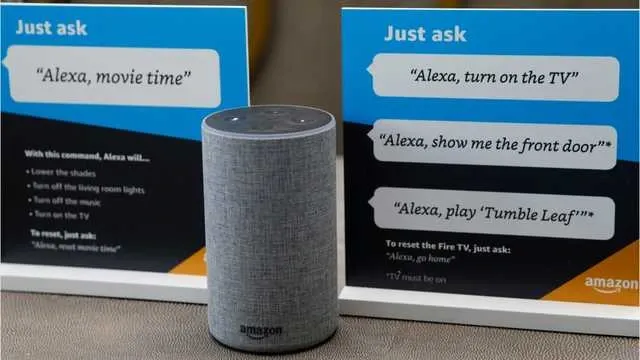
Siri: The Power of Apple's Ecosystem
Siri, deeply integrated into the Apple ecosystem, is poised to capitalize on the tech giant's continuous innovation. With each iOS update, Siri becomes more refined and capable.
Apple's focus on privacy and security will likely play a significant role in Siri's future developments, ensuring a trustworthy and secure virtual assistant experience.
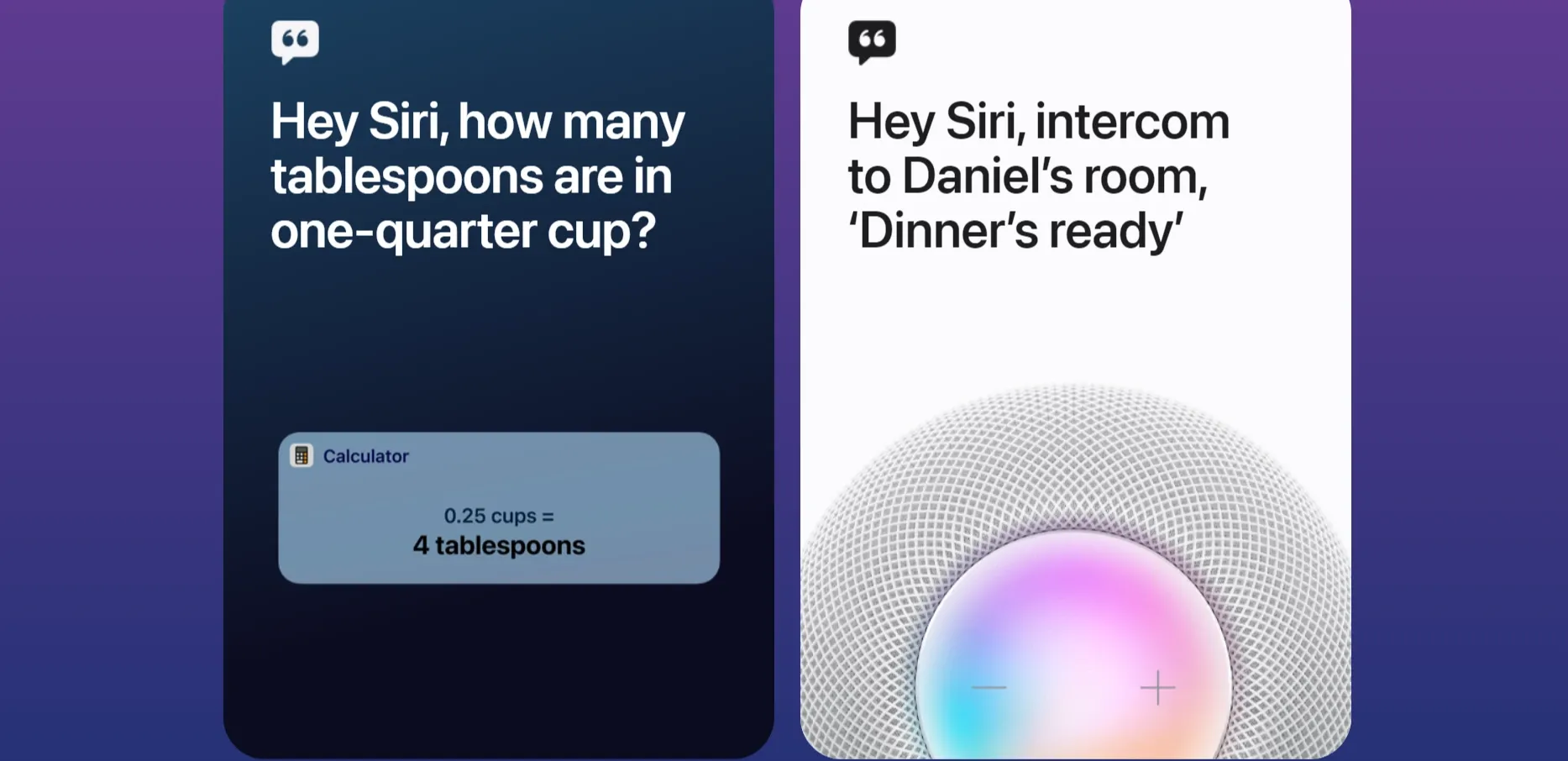
Conclusion
In conclusion, both Alexa and Siri have their unique strengths and weaknesses. Choosing between them depends on your specific requirements and the devices you use. Siri's seamless integration with the Apple ecosystem takes a lot of work to beat if you're an Apple enthusiast.
On the other hand, Alexa's extensive skill set and compatibility with various smart home devices make it an excellent choice for home automation enthusiasts.
Ultimately, it's crucial to consider your individual needs and preferences when selecting a virtual assistant.
Whether you opt for Alexa's witty charm or Siri's refined sophistication, having a trusty virtual assistant by your side will make your life more convenient and enjoyable. So, go ahead, unleash the power of voice commands, and let the magic of virtual assistants enhance your daily routines!
Frequently Asked Questions (FAQs)
Is Alexa better than Siri?
In the battle between Siri versus Alexa, Alexa is generally more compatible with a wider range of devices, especially non-Amazon smart home devices. Siri works best within Apple's ecosystem.
Who has better third-party app support, Siri or Alexa?
Comparing Siri versus Alexa, Alexa has broader third-party app support with its Skills. Siri's third-party app support is mainly limited to Apple's environment.
Which voice assistant is more privacy-focused, Siri vs Alexa?
While both prioritize privacy, Siri, with Apple's strong emphasis on user privacy, might have an edge on privacy-related concerns.
How does Siri's understanding of commands compare to Alexa's?
Siri generally excels in understanding natural language and context, while Alexa might require more specific command inputs.
Which assistant offers better music service integration, Alexa or Siri?
Both support numerous music services. Alexa skews towards Amazon Music but supports many platforms, while Siri predominantly integrates with Apple Music.
